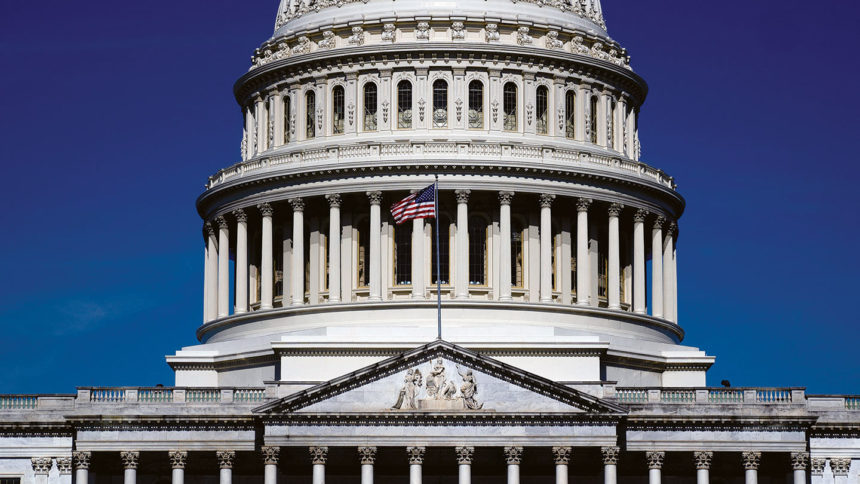
Year-end spending-bill negotiations in Congress are far from reaching their peak, but it’s already apparent how easily they can set off outsized reactions among skilled nursing stakeholders.
Panic set in Tuesday in some quarters after Senate Minority Leader Mitch McConnell (R-KY) said it might be best to pass a long-term continuing resolution to keep the government funded and running into 2023. Providers are desperately hoping a 2023 appropriations bill will give relief from physician fee services cuts set by the Centers for Medicare & Medicaid Services.
The cuts would be 4.47% if Congress doesn’t lower them. Last year it lowered the cuts 3% to .75%.
McConnell said it might be too late to pass another short-term continuing resolution after some members of Congress signaled that was their goal. Extending funding until approximately Dec. 23 could be the plan, which give lawmakers the ability to turn their attention to the policies that could make up the final legislative package.
Congress still has plenty of time to pull a deal together, assured Advion Executive Vice President Cynthia Morton in comments to McKnight’s Long-Term Care News Wednesday.
“The worry would be that the (fees) cuts go into effect with no help from Congress,” she explained. “Congress then helps in late January or February and there’s a retroactive fix, which is an administrative mess and costly because providers would have to re-submit claims.”
In that event, Congress would wait until 2023 to take up policies that are pending right now, said Morton.
“Congress could include the Physician Fee schedule fix on the long-term CR but there are so many other priorities that need to also be addressed, the question would be would they just use the long-term CR as the vehicle for the final package,” Morton said. “The policies may not be ready yet and are still receiving vetting, like the Congressional Budget Office determining their score.”
Congress has lightened the blow of CMS pay cuts the last two years but many observers, including Morton, worry that legislators’ appetite to do it again has diminished.




